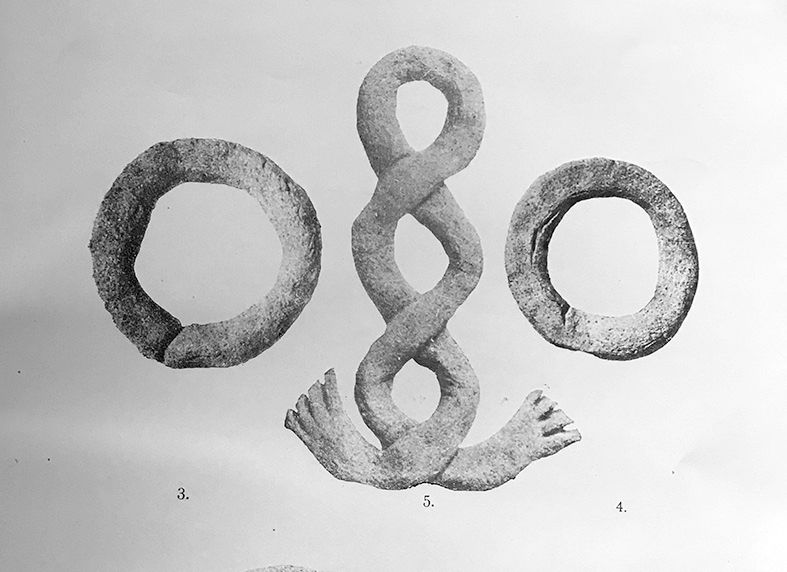Ignazhden, Idinak, Ignat, Polqz, Idinajden in folklore beliefs
- Tedy Mileva
- May 11, 2021
- 3 min read
Updated: Nov 9, 2021

In folklore beliefs, this holiday is considered as the beginning of the national new year. From Ignazhden begins the Great Sechko (the Big Month) and this day is also called New Year and New Day. Idinak means the beginning of the year. The custom for this day of the young year is Polaz with polyaznitsi. From who will be the first in your house the popular belief is that throughout the year the house will be good or bad, depending on whether the person is good or bad. Before 1900, each house had its own spolyaznik. This was usually a person whose previous outcome turned out well in the previous year. This spolyaznik becomes like a relative, a dear friend of the family and is always greeted with honors, respect and attention. When Ignajden was approaching, preparations were made for the spolaznik. Even in the evening before the holiday, the host of the house went to the house of the spolaznik to give him a cup of wine to invite him to come to their house early the next day. On Ignajden early in the morning before sunrise, the women from the house lit the fire, kneaded the dough and placed a pot of pulses. They were in a hurry to prepare to welcome and entertain the dear guest - the spolaznik they were expecting. The ritual breads of this day are kolacheta and other breads that are eaten for health and prosperity at home. There were two types of bread – kravayche and kukla - the kravayche is for the spolaznik if it is a boy and the kukla if it is a girl. The kravayche is in the shape of a circle and the kukla is plait. The kravayche and the kukla are smeared with honey.
Here, the dogs bark, announcing that someone has entered the yard. Everyone runs to meet him at the door. The host of the house greets the guest with the words "Good morning! Many happy years! Happy New Year! ”.The guest goes straight to the chopping log, takes a oak stick and enters the house. He is dressed festively - in new clothes. When he enters, he greets "Happy New Year!" And goes to the heart. Here he stops, takes off his hat and crosses himself. With the oak stick he digs the hearth and blesses: "as many sparks as there are: chickens, hens, kids, calves, stallions, children, and especially honey and butter and white wheat to orphans, the poor and all the people." As he blesses , all the householders stand around him, the men bareheaded, and the women with their arms crossed and at every blessing saying, "Amen, God willing!" When finished, the spolaznik puts the oak stick, where it stands to Vodici (January 5). On this day, the priest comes to sprinkle the house for health, and when he leaves, one of the women will take the oak stick and drag it from the hearth to the door after the priest and then put it in the henhouse to protect the hens from any diseases. After this the spolaznik sits by the hearth with his legs crossed. Polaznik sits by the hearth to lay the hens of the eggs, to carry the hens on their litters, so that engagements may come rather for the maidens in the house. The hosts give their guest a sieve full of wheat and sprinkle beans, lentils and walnuts around it. After sitting for a while, the companion gets up, walks around the house and sprinkles wheat with a sieve and praises: “Let the plow be born; where he walks and does not walk !, and the others answer "Amen, God willing." When the sowing is over, the spolaznik sits down at the set table with the hosts and the feast begins. After that, the spolaznik is sent with honors and gifts: a shirt or a towel. The house has already been spolazena. On this day there was a custom, as a young year, the oldest woman in the house will take a raw stick, will go where the children sleep and will tap each on top of the blanket several times. This is done to grow and be healthy.
From "Folk Tales and Ethnography", Book VII of "Living Antiquity", collected by Dimitar Marinov

Kommentare